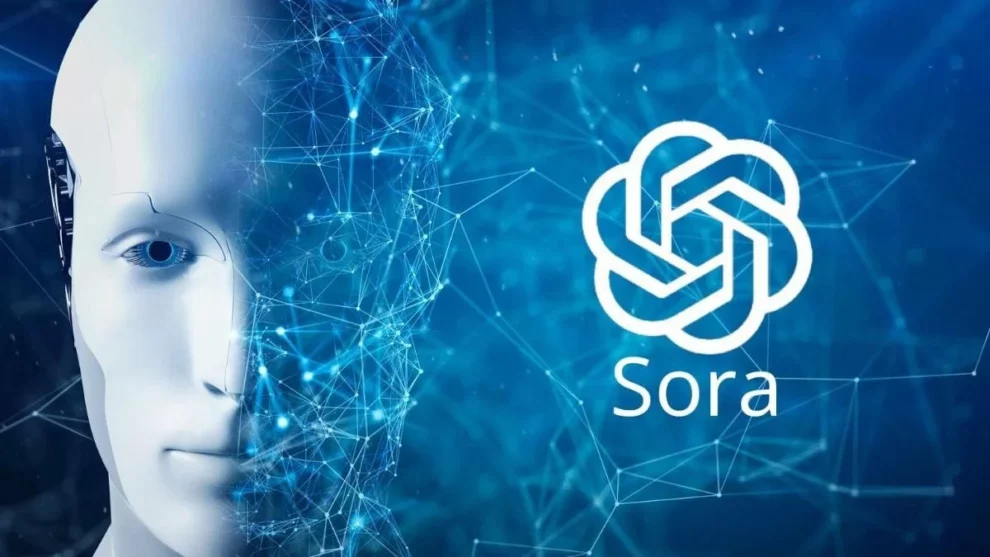OpenAI has announced the public release of Sora Turbo, an advanced version of its text-to-video generation model. This latest iteration, available through Sora.com, represents a significant leap forward in artificial intelligence technology, offering enhanced speed and capabilities compared to its February preview version.
The launch marks a pivotal moment in the democratization of video content creation, as OpenAI makes this sophisticated technology accessible to ChatGPT Plus and Pro users. The system allows users to generate high-quality videos up to 1080p resolution, with durations extending to 20 seconds, in various aspect ratios including widescreen, vertical, and square formats.
What sets Sora Turbo apart is its versatility in content creation methods. Users can generate entirely new content from text descriptions, blend existing assets, or extend and remix current content. The platform introduces an innovative storyboard tool that enables precise frame-by-frame control over the creative process, offering unprecedented control over video generation.
OpenAI has implemented a thoughtful subscription structure to make the technology widely accessible. ChatGPT Plus subscribers can generate up to 50 videos at 480p resolution or fewer videos at 720p each month as part of their existing subscription. For more demanding users, a Pro plan offers ten times more usage capacity, access to higher resolutions, and extended duration capabilities. The company has also indicated plans to introduce tailored pricing options for different user categories in early 2024.
However, OpenAI acknowledges that the current version of Sora has limitations. The system sometimes struggles with realistic physics and faces challenges in maintaining consistency during complex actions over extended durations. Despite these limitations, the improved speed of Sora Turbo represents a significant advancement over its predecessor, though the company continues to work on making the technology more affordable and accessible.
In addressing the ethical implications of such powerful technology, OpenAI has implemented robust safety measures. All videos generated through Sora include C2PA metadata, providing transparent identification of AI-generated content. The system also includes visible watermarks by default and utilizes an internal search tool to verify content origin based on technical attributes.
The company has taken a proactive stance on preventing misuse, implementing strict controls to block harmful content such as child sexual abuse materials and sexual deepfakes. The platform currently maintains restricted access to features involving human likeness, with plans to gradually expand these capabilities as deepfake mitigation techniques are refined.
OpenAI’s approach to deployment reflects a careful balance between innovation and responsibility. The company views this early release as an opportunity for society to explore the technology’s possibilities while collectively developing appropriate norms and safeguards. This strategy aligns with OpenAI’s commitment to responsible AI development and deployment.
The platform’s content monitoring and safety features have been extensively tested through collaboration with domain experts in areas such as disinformation and illegal content. These red-teaming efforts have helped shape Sora’s safety systems, building upon the robust frameworks developed for other OpenAI products like ChatGPT and DALL·E.
Geographic availability of Sora reflects a measured rollout strategy. While accessible in most regions where ChatGPT is available, the service is currently not offered in the United Kingdom, Switzerland, and the European Economic Area. OpenAI has indicated plans to expand access to these regions in the coming months.
The launch of Sora Turbo represents more than just a technological advancement; it signals a fundamental shift in how video content can be created and consumed. By making sophisticated video generation accessible to a broader audience, OpenAI is potentially democratizing video production while simultaneously addressing the ethical considerations such technology raises.
As the platform evolves, OpenAI plans to explore partnerships with NGOs and research organizations to strengthen the digital content provenance ecosystem. This collaborative approach aims to build trust in digital content and help users distinguish authentic creations in an increasingly complex digital landscape.
The release of Sora Turbo marks a significant milestone in the evolution of AI-powered content creation, offering new possibilities for storytelling while maintaining a strong focus on responsible deployment and ethical considerations. As users begin to explore its capabilities, the platform stands poised to reshape the landscape of digital video creation while setting new standards for responsible AI deployment in creative technologies.
















Add Comment